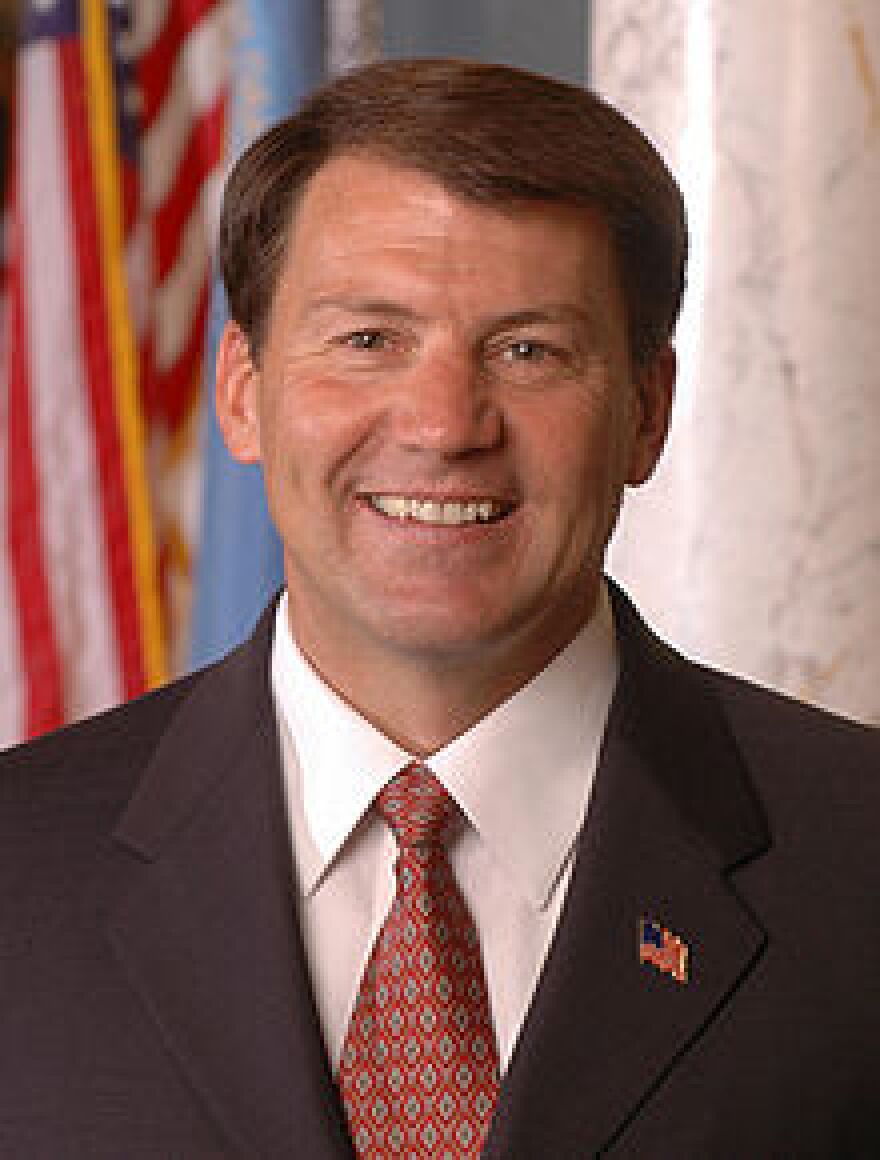U.S. Senator Mike Rounds is one of 24 cosponsors of a bill designed to stabilize the Affordable Care Act marketplaces.
The bill is known as the Alexander/Murray legislation. The current proposal reinstates Cost-Sharing Reduction payments to insurance companies for the next two years. President Trump announced last week that the Administration would stop making the monthly installments.
Rounds says Congress has to stabilize Obamacare, while transitioning away from it.
“We always were fairly certain that we would be able to, on a bi-partisan basis, be able to affect the stabilization of the existing market," Rounds says. "But we always knew it would be very difficult as well for Democrats to join us in taking apart, basically repealing and replacing, the trademark of their party—Obamacare—that’s been in effect since ’09. We know we have to do the hard lift on the actual repeal and replace, but we were pretty confident that we’d be able to get a bipartisan approach to stabilizing this market.”
Rounds says the plan includes changes to the waiver process related to the ACA. He says this will allow states to tailor plans to their specific needs.
The bill seeks to reduce the approval process for waivers in half.
Rounds says efforts to repeal and replace the ACA continue, and he hopes a long-term plan will be in place by the year 2020.
On Tax Relief:
U.S. Senator Mike Rounds says federal tax relief has to focus on businesses.
Rounds’ statement comes just after a vote by Senate Republicans who passed a $4 trillion dollar budget blueprint that sets the stage for the President’s tax overhaul.
However, Rounds says it’s not just tax reform that’s going to grow the economy. He says reform is the focus right now.
“I am a firm believer that if you reduce your tax rates and you incentivize businesses to come back into the United States, they would love to do business here. You got to do other things as well," Rounds says. "You have to make sure you have employable individuals, that you have a labor force that is trainable and available, and you’ve got to have a regulatory environment that’s also conducive for businesses to grow and thrive.”
Those tax cuts are expected to add up to $1.5 trillion dollars to the deficit over the next 10 years.
Republicans are hopeful the overhaul will create an atmosphere for GDP growth to reach three percent. That would offset any lost revenue, they say.

